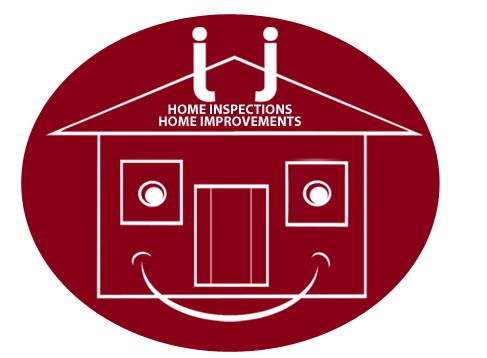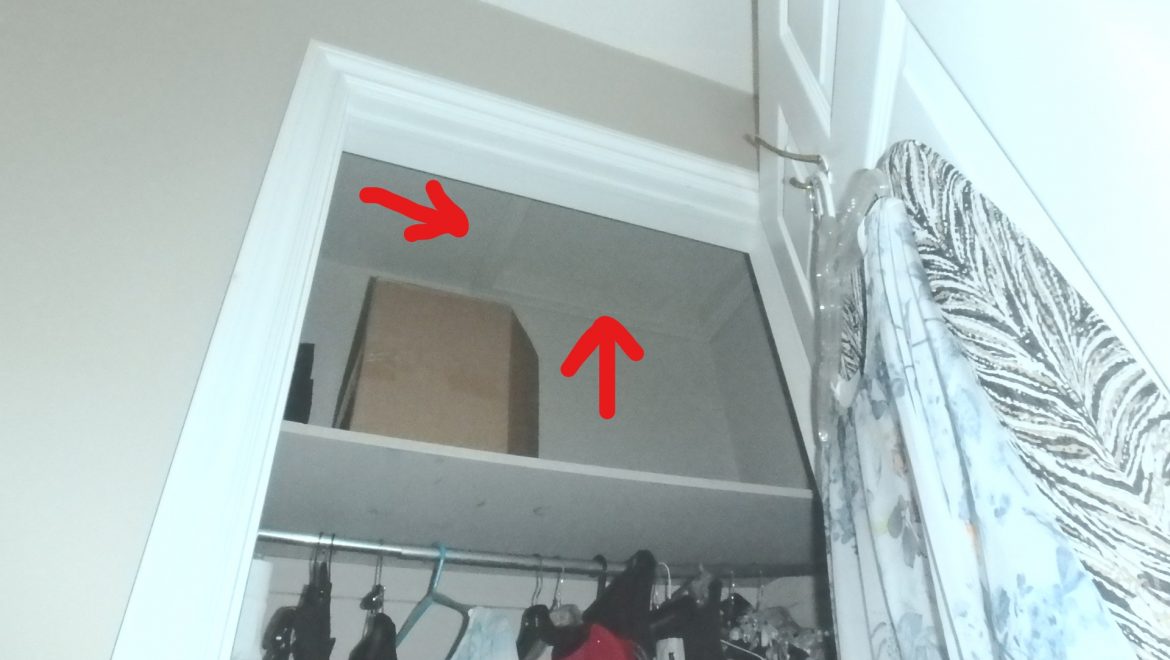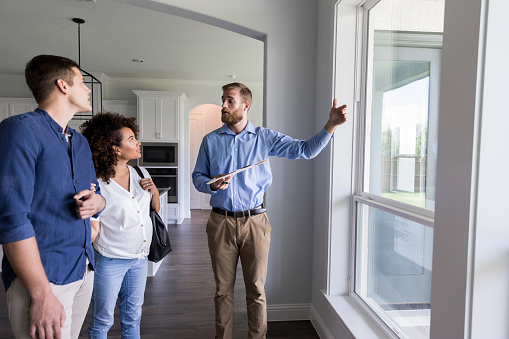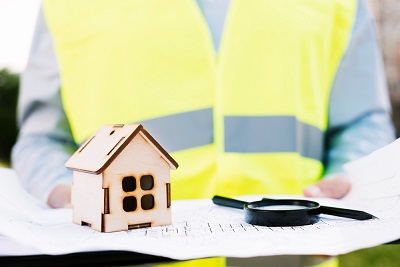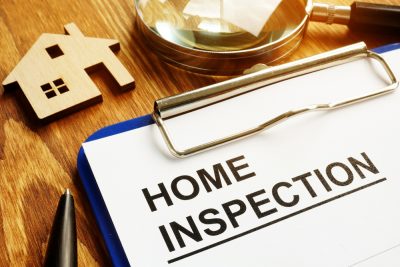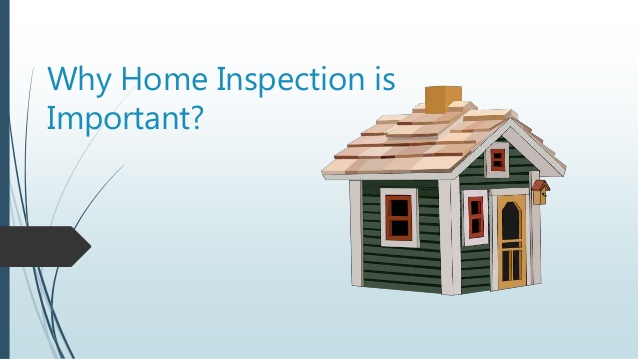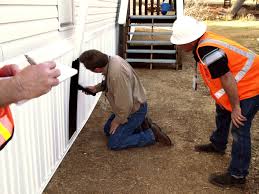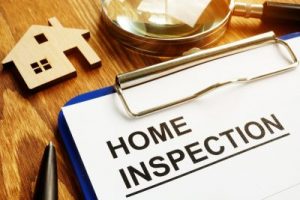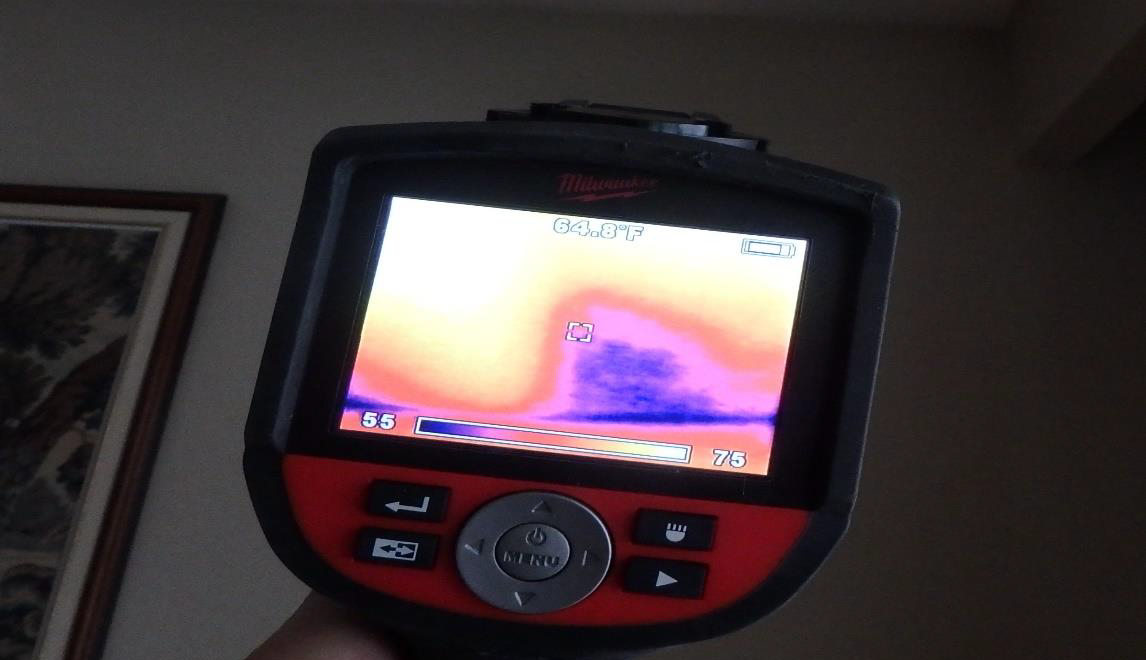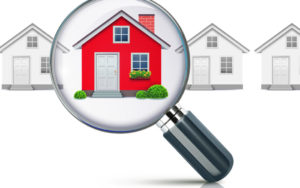Choosing the Right Home Inspection Service: Factors to Consider
Selecting a home inspection service is an important step in the journey of homeownership or property investment. A major impact on your peace of mind as well as the safety and value of your property can result from the decision you make.
In this blog, you will get to know about the process of choosing the right home inspection service and explore the essential factors to consider.
By understanding important factors, you will be able to make the right decision and start your homeownership journey with confidence.
Qualifications and Experience
One of the most important factors to consider is the qualifications and experience of the inspector. Look for inspectors who have undergone proper training, hold relevant certifications, and have extensive experience in the field.
A qualified inspector will have a complete understanding of building codes, construction methods, and common problem areas.
Inquire about their specialties, if any, such as inspecting older homes or specific types of construction.
Reputation and Reviews
In today’s digital age, it’s easy to research the reputation of a home inspection service. Examine online reviews from past clients to find out how happy they were with the service.
Pay attention to comments about the inspector’s professionalism, attention to detail, and communication skills. A reputable service should have a track record of positive reviews.
Scope of Inspection
Different home inspection services may offer varying levels of inspection coverage. It is critical to understand the inspection’s scope and make sure it meets your needs.
A detailed inspection of the entire property, including the HVAC system, plumbing, electrical, and structural components, may be provided by certain inspectors.
Others may focus solely on specific areas or offer additional services like environmental testing or energy audits. Discuss your requirements with the inspector to ensure they can provide the level of inspection you need.
Report Quality
The quality of the inspection report is important. In order to make well-informed decisions regarding the property, a comprehensive and comprehensible report is essential.
Look for inspection services that provide comprehensive reports with clear explanations, photographs, and recommendations for addressing any identified issues.
A well-structured report will help you prioritize necessary repairs or renovations and serve as a valuable reference for future maintenance.
Availability and Response Time
Time is often of the essence when buying or selling a home. Consider the availability and response time of the home inspection service.
Inquire about their scheduling flexibility and how quickly you can expect to receive the inspection report after the visit.
A reliable service should be able to accommodate your timeline and provide the report quickly to enable you to make the right decisions without delays.
Communication and Customer Service
Effective communication and excellent customer service are essential qualities to look for in a home inspection service.
The inspector should be approachable, willing to answer your questions and provide clear explanations throughout the inspection process.
A good inspector will take the time to walk you through their findings, address any concerns, and offer guidance on how to proceed.
Conclusion
Choosing the right home inspection service is a crucial decision that can have a significant impact on your home-buying or selling experience.
Remember, a reliable home inspection service can help you make informed decisions, identify potential issues, and ensure a smooth and successful transaction.
